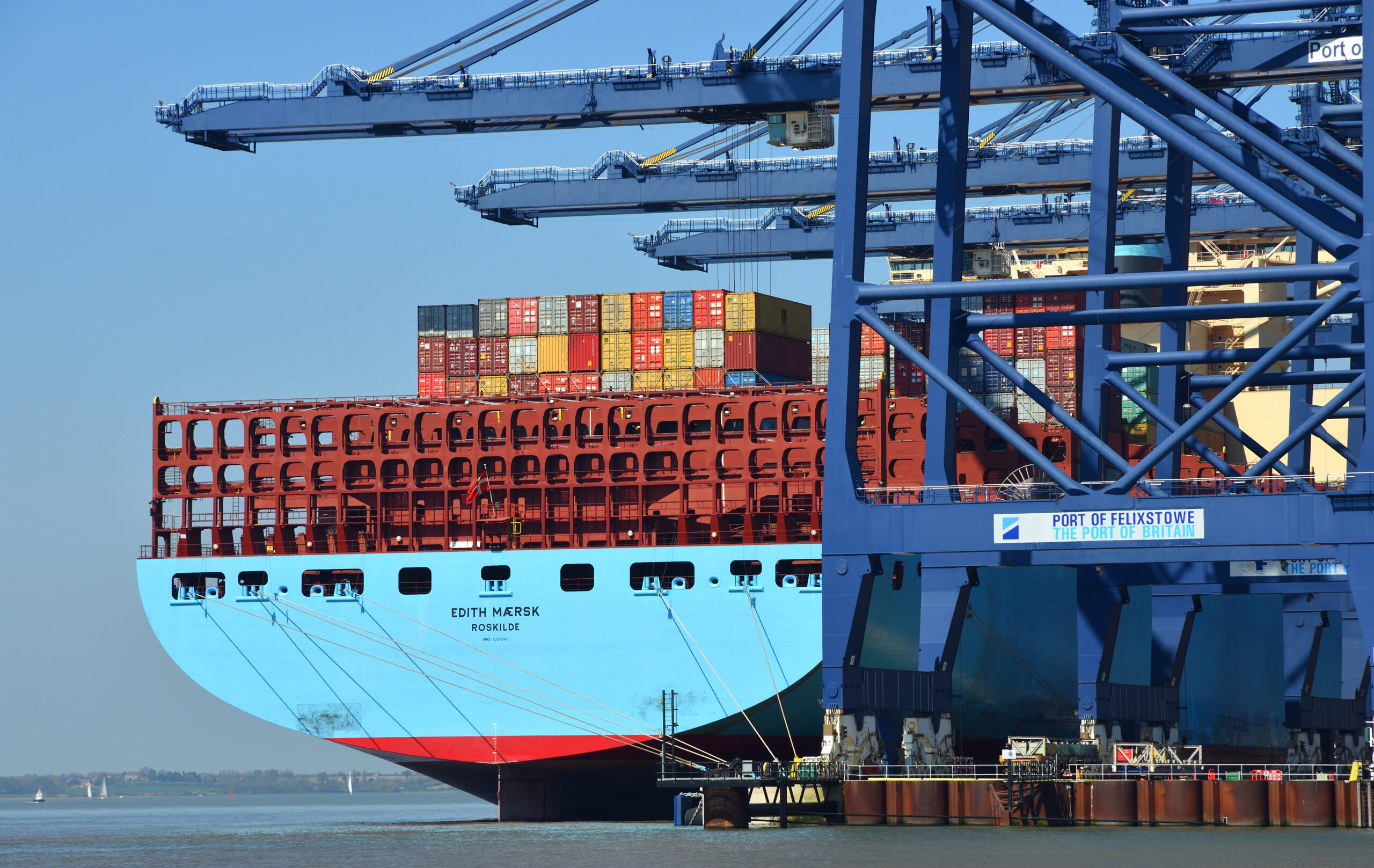The Massachusetts Institute of Technology (MIT) has launched a maritime research consortium to tackle some of the industry’s most pressing challenges, including decarbonisation, alternative fuel infrastructure, and nuclear propulsion. Backed by a global coalition of shipping majors and academic researchers, the initiative will use advanced data analytics and new methodologies to drive innovation in the maritime sector.
The MIT Maritime Consortium has brought together corporate and academic heavyweights to push forward the commercial roll-out of maritime sustainability research. Founding members of this initiative include the American Bureau of Shipping (ABS), Capital Clean Energy Carriers, and HD Korea Shipbuilding and Offshore Engineering (HD KSOE), and the consortium’s ‘innovation members’ include the Foresight Group, Navios Maritime Partners, the Singapore Maritime Institute, and Dorian LPG.
In a press release, the consortium states that it is dedicated to supporting efforts for environmentally friendly operations in compliance with the decarbonisation goals set by the International Maritime Organization (IMO). In pursuit of this aim, the consortium’s research will focus on several critical areas, including nuclear propulsion, alternative fuels, AI-driven autonomous operation, cybersecurity, and advanced manufacturing processes, such as 3D printing.
The group is led by Prof. Themis Sapsis, Director of MIT’s Center for Ocean Engineering, and Prof. Fotini Christia, Director of the MIT Institute for Data, Systems, and Society. The consortium’s research capabilities will be enhanced through collaboration with a range of MIT groups and departments, including the Department of Nuclear Science and Engineering; the Department of Civil and Environmental Engineering; and the Schwarzman College of Computing.
‘This is a timely collaboration’, commented Prof. Sapsis, ‘with key stakeholders from the maritime industry with a very bold and interdisciplinary research agenda that will establish new technologies and evidence-based standards. It aims to bring the best from MIT in key areas for commercial settings, autonomous operation and AI methods, improved hydrodynamics and ship design, cybersecurity and manufacturing.’
A key objective of the consortium is not only to develop new technologies, but also to bridge gaps in emissions policy and regulations. By making policy recommendations, the initiative can ensure that its cutting-edge research into autonomous platforms is practical and commercially viable. The consortium’s findings will inform the sector-wide conversation regarding emissions regulations and the operational standards required for alignment with IMO net-zero targets.
ABS Chairman and CEO, Christopher J. Wiernicki, in attendance for the signing ceremony, said: ‘The ability to harness members’ experience and know-how, along with MIT’s technology reach, creates real jet fuel to drive progress. As well as researching key barriers, bottlenecks, and knowledge gaps in the emissions challenge, the consortium looks to enable development of the novel technology and policy innovation that will be key. Long term, the consortium hopes to provide the gravity that will need to bend the curve.’
By cultivating collaboration between academia and industry, the consortium intends to improve the efficiency with which innovative designs, technologies, and methodologies are regulated and commercially deployed. The real-world application of the research generated by this initiative spans the entire maritime sector, involving policy and new evidence-based standards, and which aims to move the industry back towards a net-zero emissions trajectory.



